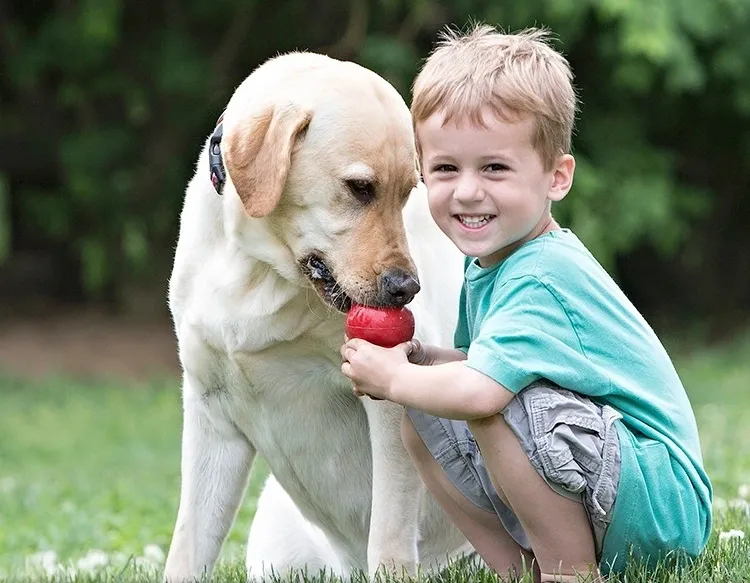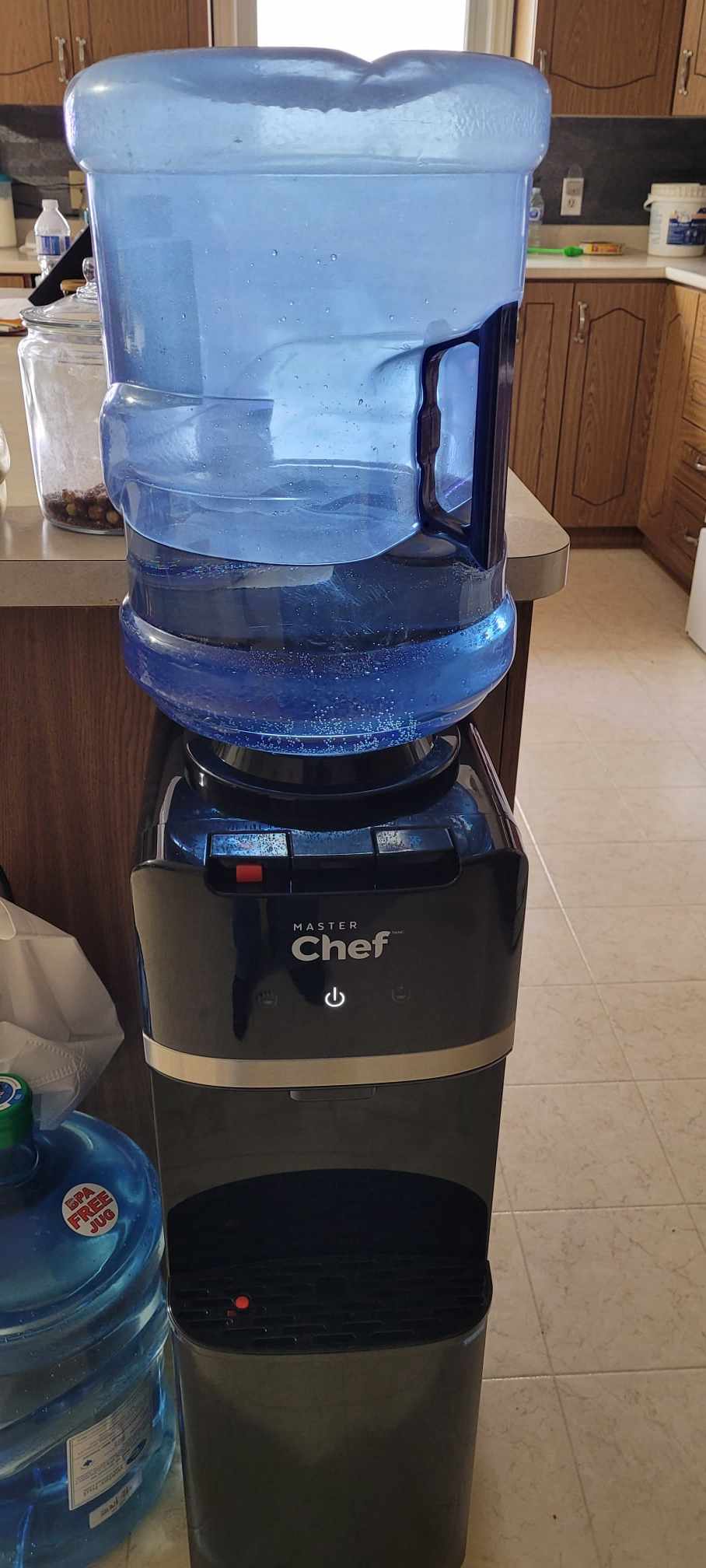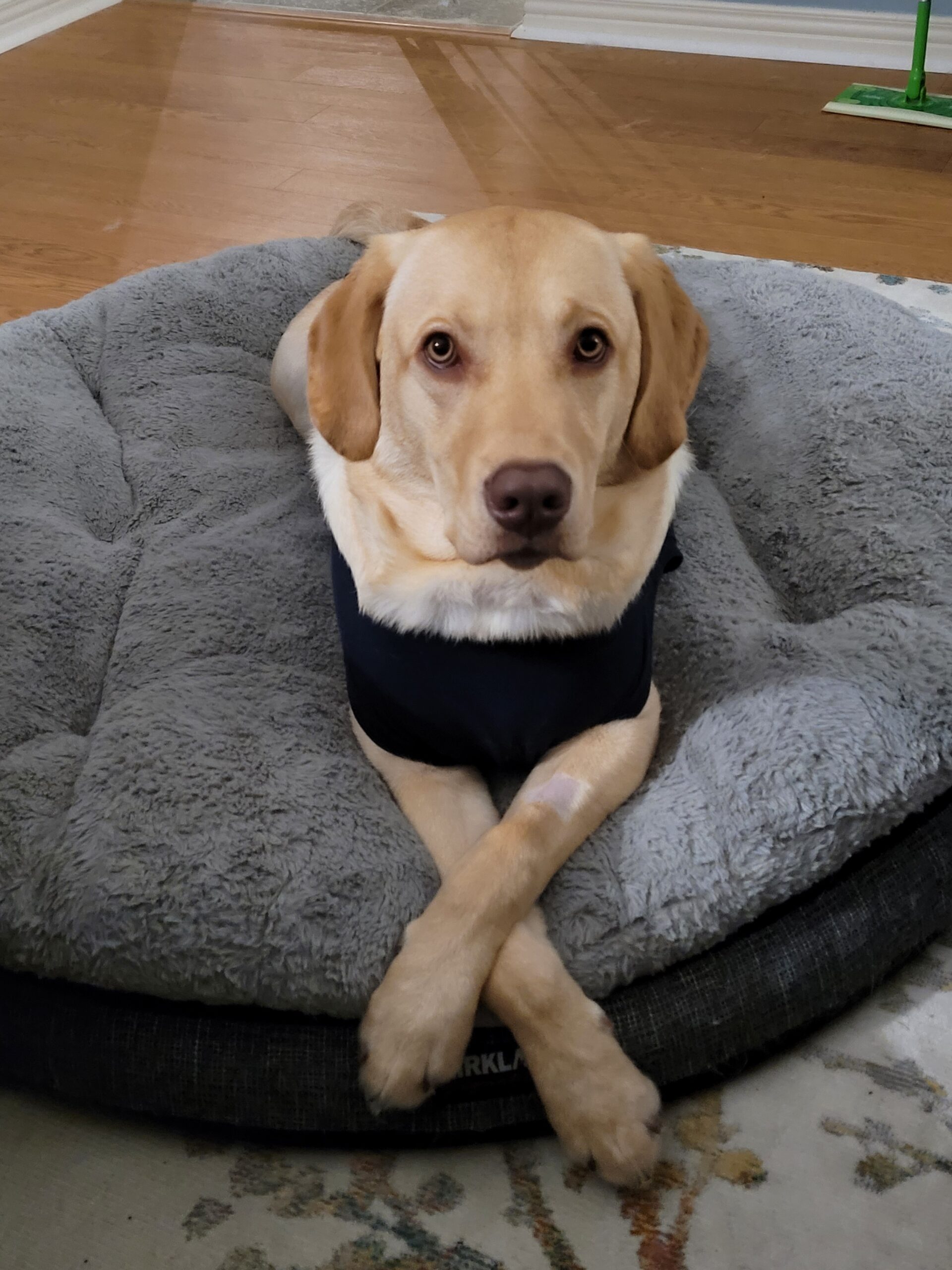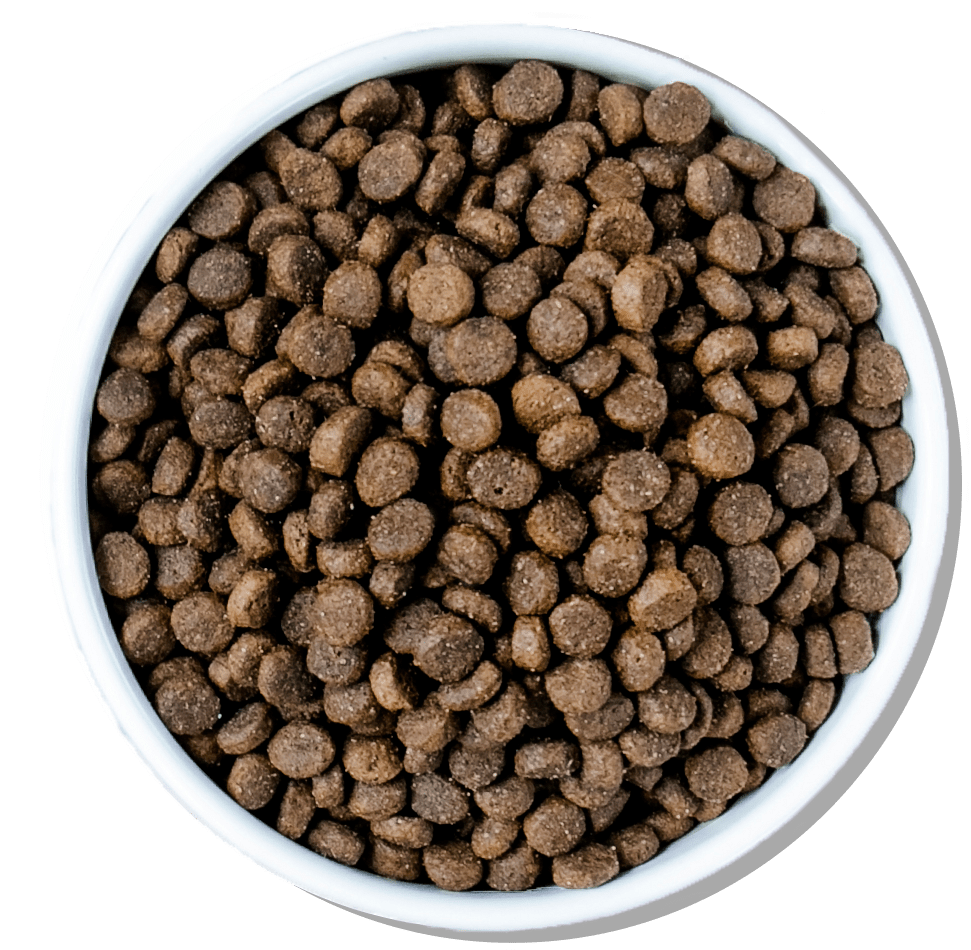
Help my Labrador Lose Weight!
Obesity is a prominent issue in dogs. According to research, 60% of all dogs in the US are overweight. This can lead to various health issues. A Labrador retriever puppy that is overweight will be susceptible to conditions such as cancer, skin problems, heart disease and orthopedic issues. As such it is important to correct this problem as quickly as possible. To do this, you need to think about various factors including exploring the best eating habits for your Lab’s weight loss program. Here are some great tips that should help get the weight of your Labrador retriever, back to their ideal weight.
Splashing Around
Examining your Labrador retriever puppy, you might notice that it has webbed feet. That’s because your pup is a water breed. All dogs have webbed feet but a water breed’s webbing is more pronounced. Decades ago, these dogs were sent into the water to help fishermen retrieve fish and nets. It should come as no surprise then that a Labrador retriever will typically love the water. Letting them go for a dip at least once a week, particularly through the summer is a great way to help them lose weight. Just be careful not to overdo it because they can develop swimmer’s tail. In the water, they use their tail as a rudder and if you over swim them, you’ll find it hangs limp for a few weeks.
A Little Treat
It won’t matter if you’re using a quality dog food to control the body weight with your Labrador retriever if you are over treating. Your dog’s weight gain is not necessarily a result of the type of food you are feeding it but could also be the volume of food. Treats should be used sparingly, particularly, once you stop regularly training your lab. You may also want to explore healthy treat options that provide great nutritional value for your Labrador. Too many treats can ruin the impact of any overweight Labrador diet especially if your overweight dog is getting carb-based dog treats such as rice, corn, wheat, or other carb-based cookies. Treats should be included in the total volume of food your Lab gets in the day and they should be high quality, mostly or all protien. They should
Find The Right Chew
Dogs love to chew and Labrador retrievers are no different. When you are building your overweight Labrador diet do take their chews into consideration. These can actually be quiet high in calories and fat. It is the number of calories eaten during the day compared to the number of calories burned through exercise that you need to focus on. You need to look for chews that are low-fat, calorie free or very low calorie if possible and last a long time. There are plenty of healthy chews ideal for this need. Deer antlers are a very long lasting chew and as your dog ingests the nutrients in them they are all beneficial to their health. One thing about giving your dog a deer antler is the risk for it becoming too small or splintering and getting lodged in their throat. For this reason it is always important as with any chew toy that you supervise your dog while they are chewing.
No Table Food
If you are working to help your Labrador retriever lose weight, it is important that you do not feed them table food. The issue here is that your meals are probably filled with a lot of fats and sugars. Even if you eat healthily, table food makes it more difficult to control portions. As such, this is never a good idea and if your dog is obese you should be using a measuring cup to help control your Lab’s weight. Measuring the food you give them will help to control your Labrador’s weight. Your dog will also want and expect more of your food and be less likely to eat the food that could benefit their weight loss. If you can, it’s best never to feed your dog table food and that way they will never expect it. Not feeding table food also eliminates or greatly reduces the risk for your dog eating something that is toxic to them. Many people are not aware that common human foods and seasonings can be harmful to your dog. Things such as bran muffins contain raisins which are harmful. Garlic and onion are two common human foods not healthy for dogs.
A Regular Weigh
You do need to make sure that you are keeping a check of the weight of your Labrador retriever. This is the best way to tell if your new pet obesity prevention plan is working. You can weigh your dog once every week to check on progress. In addition to the weekly weigh you may want to keep a food journal of everything that goes into your dog’s mouth. This is not only for you but you may discover that there is a child in the house who is sneaking an unnoticed amount of food to your Lab causing it’s weight gain. If everyone in the home is honest and works together it should be a simple task to carefully reduce your Lab’s weight.
The Daily Walk
Labs are very energetic and need plenty of exercise. The more they consume, the more exercise they require. To stay at a healthy weight, you should be providing your Labrador retriever with roughly one hour of exercise every day. Bear in mind some more energetic labs require closer to two hours. You can alternate between walks and play but a good forty minute walk each day is typically enough to help a lab lose weight. You may also approach the exercise with a split program. For example a walk in the morning is fine but if you kick up the intensity and have a fetch session where your dog’s exercise intensity is increased for even 15 minutes, you will be supercharging their metabolism which will continue to burn fat even later while they are at rest. One important things to keep in mind is that an overweight Lab will have a greater stress on their joints and tendons. It is important that you do not encourage an obese Lab to run right away as their tendons may not be able to take the added strain of all the weight. Rather, build up over a period of time like a marathon runner would in preparation for a race. This way your dog’s tendons and joints can strengthen and be ready for the constant pounding of them running at full speed and changing direction.
Getting The Right Nutrition
You need to make sure that your Labrador retriever is getting the right level of nutrition. Your dog should be getting the proper ratios of protein, healthy fats, and carbohydrates. They need the right levels of carb, fat, minerals and vitamins to stay healthy and it is this ratio that is important. You also need a diet that provides about 2% calcium to keep their bones healthy. This will ensure that they can exercise regularly. You can ask your breeder about how to balance your dog’s diet in these crucial areas.
Adventure Time
As long as you take food and water, you can take your Labrador retriever on longer adventures at the weekend. Most labs love long walks and will appreciate an extended stroll. You can even take your dog hill walking or ride your bike with them next to you. As long as you are keeping a check on your dog’s comfort, this is a great way to help them lose weight. As with any exercise program it is important for them to build slowly over a few week period so their heart has time to strengthen as well as their tendons and muscles.
Control Meal Sizes
Some dog owners believe that a lab is never full. All we can tell you is that a Labrador retriever will rarely know it has eaten enough. In fact, some studies suggest that a quarter of labs have a gene which makes it harder for them to feel as though they have eaten enough. As such, it will often want more and more food so it is up to you to control the meal sizes it has each day. You might be wondering how much to feed a Labrador. The best way to decide this is NOT to follow the food makers directions on the bag or their website, rather use your eyes. Have a look at your Lab from above while they are standing. If you can see an area where their stomach is just before their hind hips then this is good. If not, they are getting too much food and not enough exercise. You can also look to see if you can see their rib cage. You should be able to see where their rib cage is but not the individual ribs. Daily food allowance best divided into two portions and fed morning and evening. It’s important to note that while growwing, a Labrador retriever puppy can eat double the daily needs of a more sedentary adult Lab. The amount you should feed the dog will depend on the pet food you choose as many have fillers which contribute to your dog being overweight. Watch their eating habits and keep a careful check on their weight. If they are gaining weight, you will know you need to lower the amount you are feeding them or increase their activity level.
A Good Dog Food
You do need to make sure that you are exploring your dog’s general diet. You can discuss the diet of your Labrador retriever with your vet or breeder. They will help you alter the diet and reduce the caloric intake. You may also want to explore the best dog food to lose weight. Be aware that many dog food brands use what are known as ‘fillers.’ These are ingredients that provide little to no nutritional value but beef up the food. Corn, wheat, rice, and soy are several of the most common fillers used in commercial dog food. If you notice this is the main ingredient of the food you are using, it might be worth switching to a different brand. Breeders are normally on top of food quality so ask their advice.
We hope this advice helps you get your Labrador retriever’s weight under control. Remember it’s not about special foods but rather balancing the right level of exercise with the right level of good, nutritious food and treating them with high quality treats.



